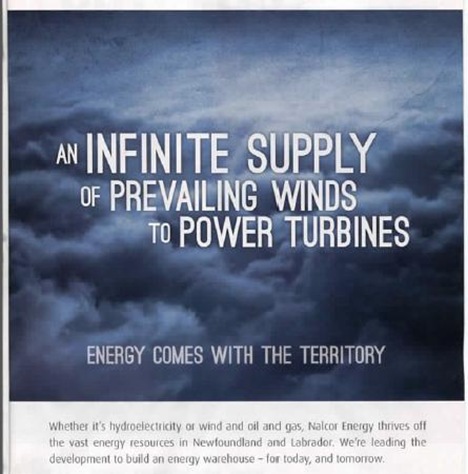Twice last week, provincial Conservative politicians offered unprompted endorsements of Kathy Dunderdale’s leadership.
Natural resources minister Tom Marshall praised her as a compassionate Iron Lady who had his full support. Here’s the story VOCM ran:
Natural Resources Minister Tom Marshall says the premier has his full and complete support. Kathy Dunderdale has come under fire for a tough, cost-cutting budget that includes widespread layoffs and funding cuts. On VOCM Open Line with Bill Rowe, Marshall used a label which came into prominence during the term of former British Prime Minister Margaret Thatcher. Thatcher came into power in the UK in 1970s and developed a reputation of being tough and uncompromising during a time of economic recession, earning the title "Iron Lady". Marshall says Dunderdale is also an Iron Lady, but one with compassion.
Meanwhile, Steve Kent – noteworthy in the past for his lack of Dunderlove – had this to say [via CBC and labradore]:
"Premier Dunderdale is a compassionate and principle-centered leader. I remain inspired by her vision and strength," Kent wrote.
…
Kent added that Dunderdale enjoys the full support of the PC caucus.
